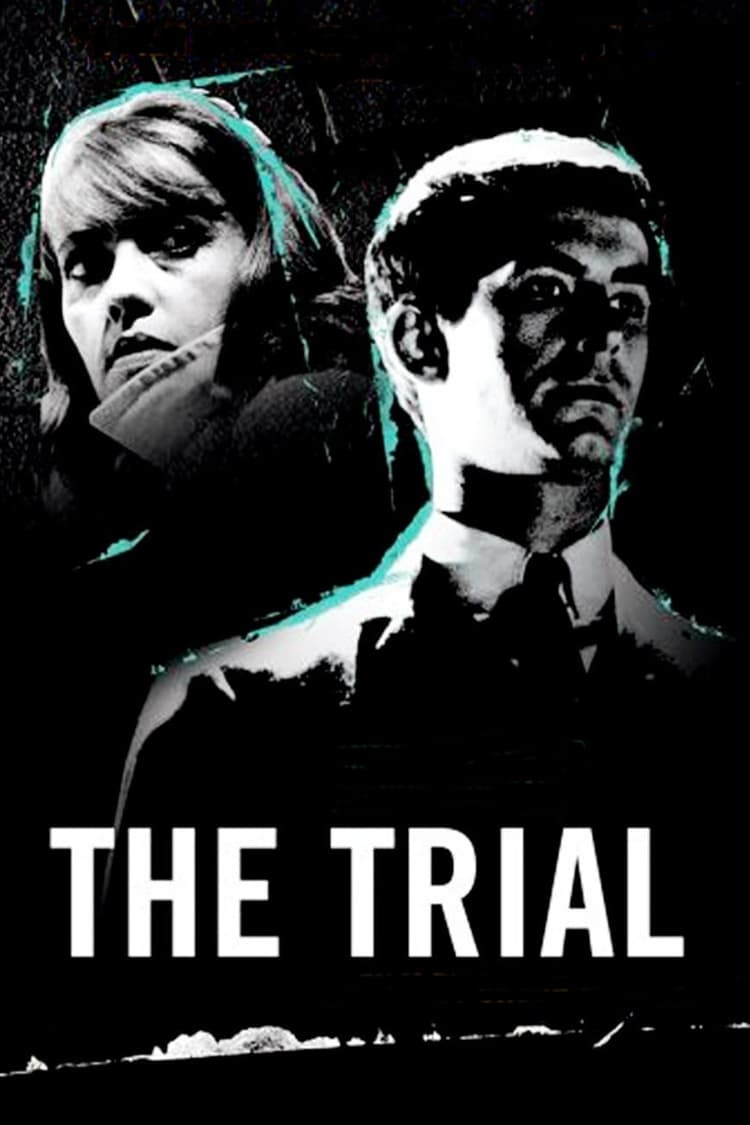Orson Welles' adaptation of Franz Kafka's "The Trial" is a labyrinthine and nightmarish journey into the depths of bureaucracy and the absurdity of the modern world. Welles' visual style is perfectly suited to Kafka's material, creating a world of distorted perspectives and oppressive shadows. The film is a haunting and unforgettable experience, and it remains one of Welles' most ambitious and visionary works.
Kafka's novel is notoriously difficult to interpret, and Welles' film does not make things any easier. The film is full of symbolism and allegory, and it is up to the viewer to decide what it all means. However, there are a few key themes that emerge from the film.
One theme is the dehumanizing nature of bureaucracy. Josef K., the protagonist of the film, is arrested one morning without charge and thrown into a Kafkaesque legal system. He is never told what he is accused of, and he is unable to get anyone to give him a straight answer. The system is labyrinthine and incomprehensible, and K. is powerless to resist it.
K.'s trial is a sham, and the charges against him are never made clear. The system seems to exist for its own sake, and K. is simply a pawn in a larger game. The film is a powerful indictment of the modern world and its alienating and oppressive structures.
The film can be criticized for pacing problems, but Welles' visual style and the performances of the cast make the film more than worth watching. Anthony Perkins gives a particularly memorable performance as Josef K., conveying his character's growing sense of alienation and despair.
Orson Welles' The Trial is a challenging and rewarding film. It is a visually stunning and thought-provoking adaptation of Kafka's classic novel. The film is not for everyone, but it is sure to leave a lasting impression on those who see it.
More reviews here on letterboxd:

No comments:
Post a Comment